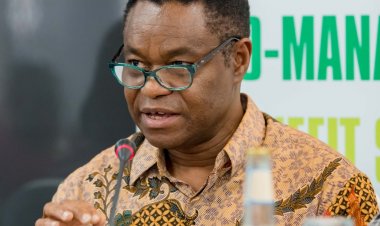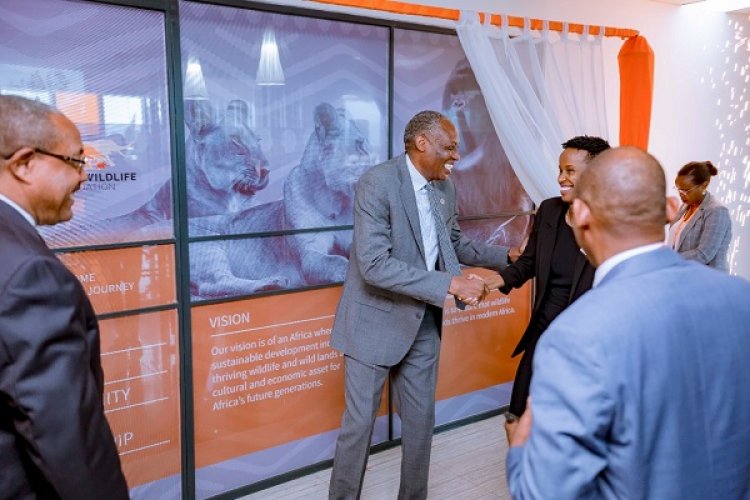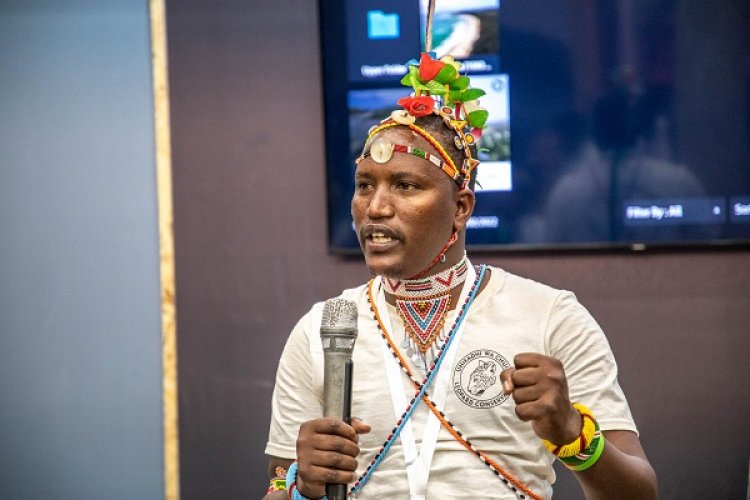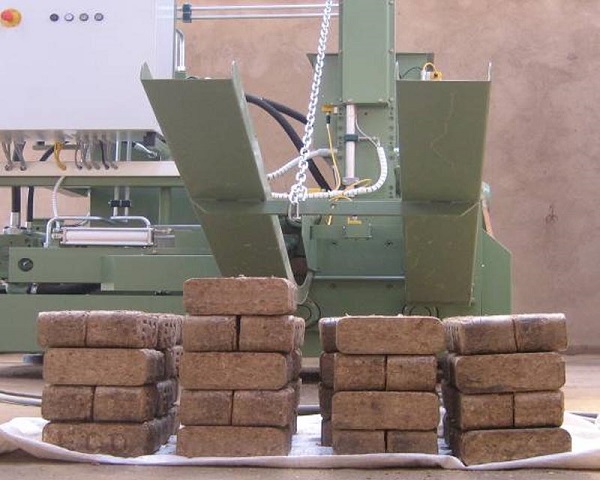The much-awaited Africa conservation trust fund could take shape within months if ongoing push by conservationists to have its governance, capitalization and disbursement mechanisms adopted by governments on the continent comes to fruition, Rwanda Post has learnt.
Besides, conservationists want African countries to inject seed money and consistently contribute to the fund mooted as a lasting solution to decades-long funding crisis for preservation of wildlife and wildland asset across the continent.
Dubbed the Pan-African Conservation Trust (A-PACT), its soft launch took place on Monday in Kigali, Rwanda’s capital where over 2,000 delegates including leaders, citizens and interest groups have converged for the week-long Africa Protected Areas Congress (APAC).
African governments must be first to put the money into the fund because without Africa having skin in the game, it will be difficult to call on others. If you call them they will drive the ship for you since they are bringing in the money
Frederick Kumah, Vice President, African Wildlife Foundation (AWF)
Also read: APAC: African leaders moot billion dollar conservation trust fund
Proponents of the conservation funding scheme say nations globally have a responsibility to contribute to the fund owing to the fact that climate-induced biodiversity losses on the continent are largely to blame on global industrialised nations.
However, they insist African governments must be first to put money into the fund “because without Africa having skin in the game, it will be difficult to call on others. If you call them they will drive the ship for you since they are bringing in the money.”
Estimates show at least $200 billion is needed for the continent to have enough liquidity to ensure that no protected or conserved area goes without money pay routine operational costs including staff costs, basic fees for patrol and management, among other bills.
Urgent need
However, $2 billion to $3 billion is what is urgently needed annually to allow the fund to kickstart and support the protected and conserved areas on the continent, according to Frederick Kumah, Vice President of Kenya-based African Wildlife Foundation (AWF), the organization spearheading ongoing push to set up the fund, alongside partners like the International Union for Conservation of Nature (IUCN), among others.
“One of the things we are hoping is that within the next seven to 12 months, we will put enough money to start the idea. We shall not wait until we have $2 billion, even if we have $1 million we will start the idea (… ) we will pick on a few countries or a few locations. So the idea will be to start small and grow the fund and bring in others to make it happen,” Mr. Kumah told Rwanda Post in an interview Wednesday.
He said modalities of the fund governance, capitalization and disbursement await final design and approval by instituted international steering committee and African governments respectively.
But he underlined principles such as sovereignty and complementarity as guiding the concept.
“The money will not be held by governments and the trust we are forming will have to remain independent so that we avoid unnecessary political influences. But it will be governed by all key stakeholders from governments and non-governmental organisations and the private sector who contribute to it,” he said.
Conservationists say the vision is to create a hybrid sustainable financing mechanism that provide for basic operational costs to all types of protected and conserved areas including those managed by state agencies, indigenous peoples, local communities or private individuals.
A-PACT steering committee chairperson, former Prime Minister of Ethiopia Hailemariam Desalegn, said supporting the communities living in and around parks, and compensating the victims of human wildlife conflicts would also feature among priorities of the trust fund.
Ministerial meeting
The A-PACT steering committee, backed by a platform of conservation actors instituted at APAC, is expected to take hold of the trust with a secretariat tasked to take recommendations from the ongoing meeting forward.
Conservationists also bank on the former heads of states who are APAC patrons to help pitch these proposals to their peers who are Heads of State, and then to the African Union over the coming months, and later to the African Ministerial Conference on the Environment (AMCEN) slated for September.
The patrons held a meeting with African ministers on the sidelines of APAC Tuesday.
Conservationists want APAC recommendations with regard to the stablishment of the trust fund adopted at policy to pave the way for operationalisation of the facility without much delay.










